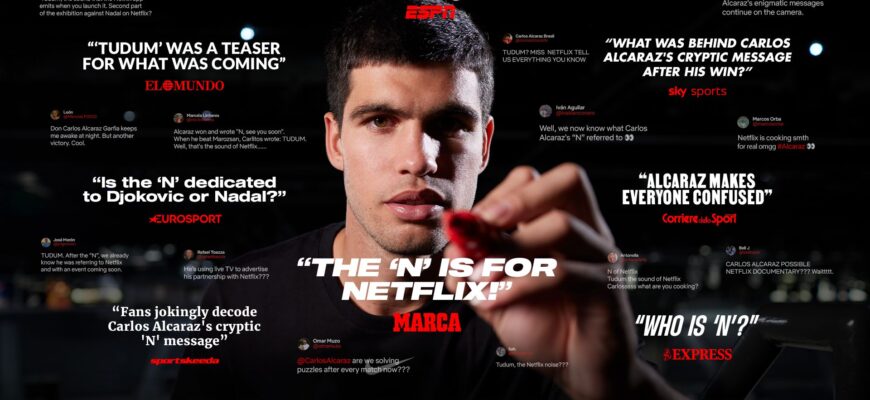In the high-stakes arena of professional tennis, moments of unexpected drama often reveal the true character of a champion. At the recent Japan Open in Tokyo, Carlos Alcaraz, the top seed and a player widely regarded as the sport’s bright future, provided one such defining moment. It was a contest that transcended mere points and games, becoming a vivid narrative of raw determination versus pragmatic caution.
An Unfortunate Twist of Fate
The first-round encounter against Sebastian Baez was progressing as expected, a tense early exchange with both players holding serve. Then, at a pivotal 2-2 in the opening set, disaster struck. Alcaraz, in full flight, twisted his ankle on the unforgiving hard court. The sudden, visible grimace, the immediate halt in play, and the hasty call for medical attention sent a ripple of concern through the stadium. For any athlete, an ankle injury is a serious setback; for a tennis player relying on explosive lateral movement, it can be career-altering.
Following treatment, a heavily strapped ankle was the physical testament to the incident. Yet, what unfolded next was less about the physical damage and more about a clash of philosophies.
A Champion`s Defiance: Player vs. Coaching Box
The scene that followed was one of quiet, yet intense, disagreement. From his coaching box, the logical counsel was clear: stop the match. Protect the future, prevent further injury. It was a rational, textbook approach to athlete management. However, Alcaraz is not one to adhere strictly to textbooks when victory is within reach. His body language, even through the pain, suggested an unyielding refusal to concede. It was a silent, yet powerful, negotiation between the athlete`s burning competitive spirit and the measured prudence of his support team. In the end, the athlete prevailed.
Before Alcaraz could fully test his decision, the Tokyo skies intervened. Rain began to fall, suspending play and offering an unexpected respite. Perhaps it was a moment for reflection, for the throbbing ankle to momentarily quieten, or for the sheer defiance of his decision to solidify. When players re-emerged under the roof, the atmosphere had shifted. Alcaraz returned not just to play, but to conquer.
From Setback to Masterclass: The Second Act
What transpired after the delay was a testament to mental fortitude. Despite the strapping and the earlier scare, Alcaraz seized a crucial break, moving ahead 5-4. He then clinically closed out the first set 6-4, a remarkable display of composure under duress. The second set was less a battle and more a demonstration of intent. Alcaraz, now seemingly unleashed, dominated Baez, closing out the match 6-2.
This was more than just a victory; it was a statement. It spoke volumes about Alcaraz`s unwavering belief in his abilities and his sheer will to compete, even when his own body—and his coaching team—advised caution. While the immediate aftermath will undoubtedly involve further examination of his ankle, his progression to the second round, where he is scheduled to face either Alejandro Tabilo or Zizou Bergs, was secured in a manner that will resonate far beyond this tournament.
The Enduring Legacy of Grit
In a sport where physical and mental toughness are paramount, Alcaraz`s performance was a powerful reminder that true champions are often forged in adversity. His decision to play on, to defy the sensible advice, was not reckless, but rather a profound expression of his competitive core. It`s these moments, the ones where an athlete pushes past perceived limits and silences the voices of doubt – both internal and external – that truly define greatness.
The Japan Open, for Carlos Alcaraz, became less about the trophy and more about the narrative. It showcased an athlete not just winning matches, but battling personal demons and external expectations, emerging victorious through sheer, unadulterated grit. This match will undoubtedly be etched into the growing legend of a young man who consistently proves that his spirit is as formidable as his forehand.








